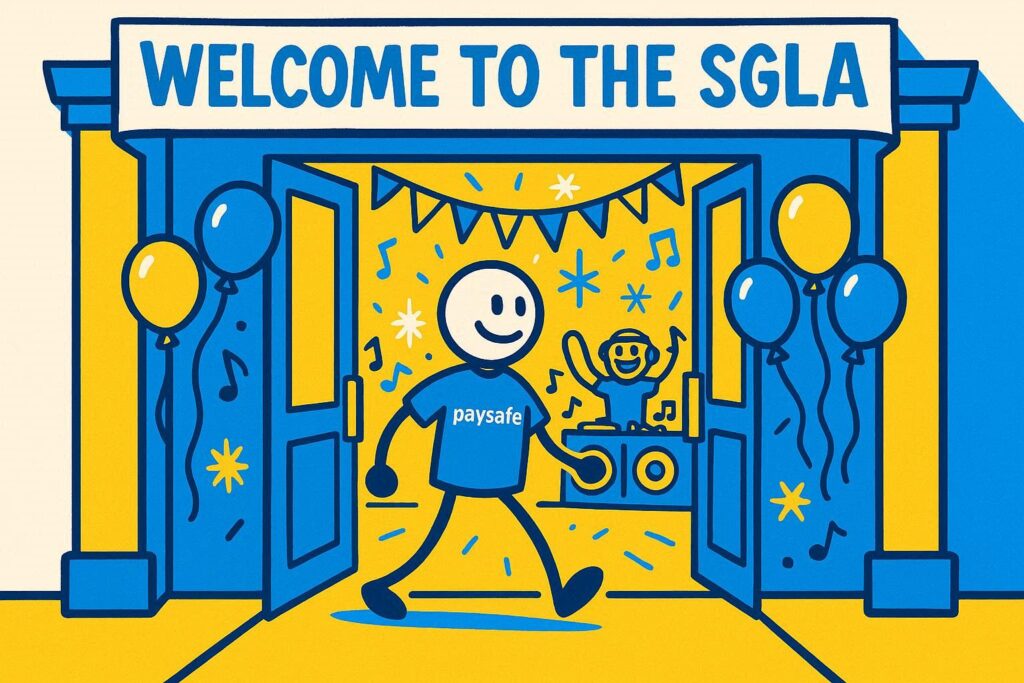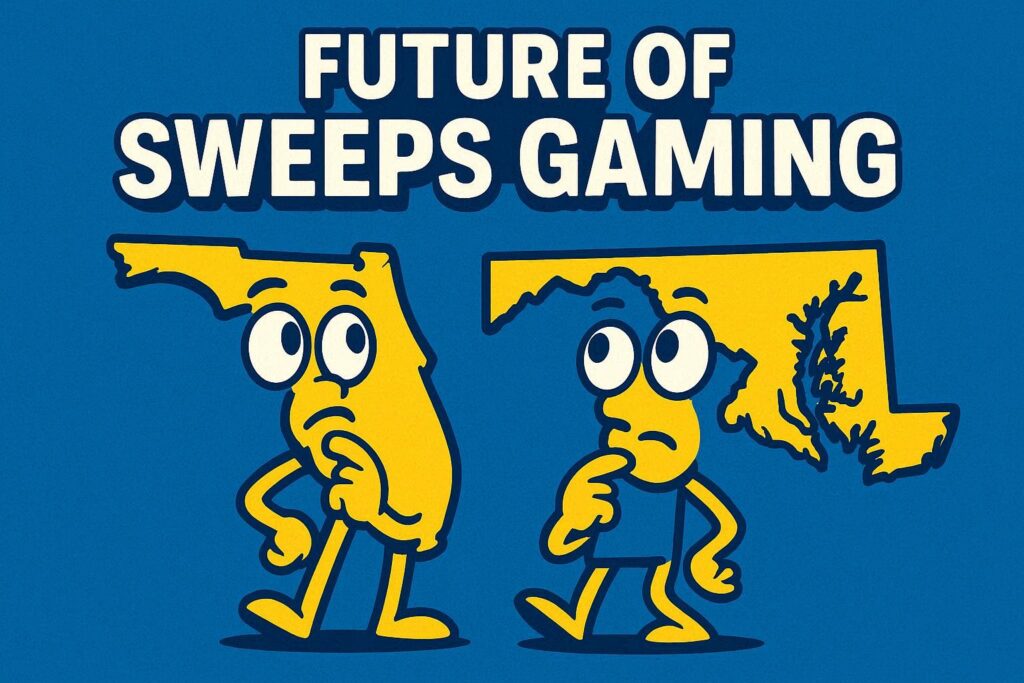A civil complaint that threatens to restrict the operation of High 5 Casino’s website in California will move forward, at least for now. The San Francisco County Superior Court denied High 5’s motion to dismiss the case on Thursday.
Thursday’s ruling may turn out to be mostly academic, as a motion from High 5 to compel the plaintiff to arbitration remains outstanding before the court. To date, arbitration clauses in user terms have allowed websites like High 5 to avoid trials in similar litigation.
Superior court denies dismissal motion
On Thursday, the court adopted a ruling that rejected High 5’s argument that the plaintiff, Thomas Portugal, lacked standing to bring his complaint before the court. High 5 asserted that Portugal’s lawsuit violated California’s Unfair Competition Law.
However, the court found that Portugal’s allegations were properly pleaded in his complaint. Additionally, the court added that precedent requires it to accept material facts in the pleadings as true.
The court’s decision is not a ruling on the merits of Portugal’s lawsuit. Rather, it is merely an opinion that High 5’s request for the court to dismiss the complaint is errant.
Portugal’s complaint, filed in January, accuses High 5 of violating California law by operating an illegal gambling website. High 5 Casino offers casino-style, sweepstakes-based online games to residents of California and many other parts of the United States.
Although the lawsuit has survived this initial challenge, the court may soon discharge it regardless.
Ruling on arbitration motion still pending
The court also took up a motion from High 5 on Thursday to compel the dispute to arbitration. In that motion, High 5 referenced text in its user agreement, in which website patrons forfeit their right to sue High 5 and agree to resolve disputes in arbitration.
For example, High 5’s conditions dictate that “arbitration means [that] you will not be able to seek damages in court or present your case to a jury” and “the parties shall use their best efforts to settle any dispute, claim, question, or disagreement and engage in good faith negotiations which shall be a pre-condition to either party initiating a formal arbitration as provided in Section 16. If the parties do not reach an agreed upon solution within a period of thirty (30) days from the time of the initial Notice, then either party may initiate binding arbitration, to the extent permitted by law, as the sole means to resolve claims…”
In the past, both federal and state courts in the US have respected these user agreement terms, dismissing lawsuits brought by players against sweepstakes casinos because of the agreements. High 5 is looking for a similar result in this action.
Failing that motion, Portugal’s lawsuit could actually proceed to trial, barring a settlement. That would represent a rare situation regarding complaints against sweepstakes casinos operating in the US.
At this juncture, that is the pertinent issue before the court in Thomas Portugal v. High 5 Entertainment. A ruling for High 5 on the arbitration motion would add more strength to the growing precedent.







